Hello again Bomber fans,
What an AFL world we live in!
As soon as the Bombers announced the structure of their 2020 season leadership group, there was great conjecture about who was in and who was out.
Back in the day, there were three, maybe four positions as captain, vice-captain and a couple of Deputies. Those players who emerged from the group to play these roles often played at a high level and had been around quite a while. They were mostly handpicked in these roles by the senior coach and match committee.
I played under some ripper captains - my most admired teammate Terry Daniher, the legendary Tim Watson, and ‘Bomber’ Thompson, the quintessential ‘players’ captain’. I guess I was fortunate to have many teammates in my developing years who could have been in a modern leadership group, perhaps a reason why we were able to taste the ultimate success.
Footy clubs evolve over time and the structure of the leaders of each team has not avoided that advancement. Perhaps the most radical structure came when Grant Thomas, St.Kilda’s coach from 2001 to 20006, implemented a rotating captaincy arrangement – the Saints experienced five different captains in six seasons. It’s not something we’d seen before and most clubs wouldn’t entertain it but it may have been what St Kilda needed at that point in its development. A couple of those players ended up being integral in the Saints almost winning flags in 2009 and 2010.
These days, the size of the leadership group may depend on various circumstances including the stage of the team’s development. I’m certain the entire Essendon squad would have had the chance to meet as a group over the course of the recent Coffs Harbour camp. The players would have discussed what they wanted to stand for as a team in 2020 and then decide on the standards and characteristics needed for that to come to fruition. They would have then voted on the five players they thought demonstrated those traits and also have an ability to drive others to commit to the same. Some clubs also use input from the coaching staff and key members of the football department to guide players with their decision-making, but generally it should be player-driven (and players being confident that they have been in control of the decision).
No one is perfect but players selected into the leadership group should have a high level of accountability, honesty, resilience and humility, and then, an ability to empathise with all teammates and staff at the club. Their character should shine through.
What will also enable a modern leadership group to be effective is its diversity of personalities across the group. It doesn’t need the same five types of people all thinking the same way. It also needs the ability to form strong relationships, or at the very least have some connection with every player on a list that is made up of different types – young and old, introvert and extrovert, headstrong and submissive, deep thinkers and carefree individuals. As long as every one of your players feels he has the ability to gravitate to at least one of your official leaders, then the team goes a long way to ensuring no player ever feels left out, alone or not listened to, and then there is greater investment from each player in the team cause.
It’s great to see Dyson Heppell re-appointed as captain for a fourth year, as he continues his growth as a player and a leader. It would be a great reward for his perseverance through some pretty tough times if the club experiences success in the short term.
Devon Smith and Dylan Shiel are coming into the prime of their careers and will be of great value considering they have experienced life at another AFL club from its birth and would have learned to be resilient as that club got belted around in its infant years.
The surprise speculation from some quarters about David Zaharakis’ inclusion in the group is hogwash! I’m so excited that the player group could analyse a probable changed set of selection criteria, and then consider bringing back a person of David’s character.
And finally, Zacka’s teammate from the Northern Knights all those years ago, Mick Hurley. Credit where credit is due - after being left out of the group, he didn’t publicly show too much angst or hurt. He’s obviously just got on with the job of continuing to improve himself and help the team move forward. He’s a great example to others if they are ever in the same situation. He deserves a break too considering the turmoil of a big chunk of the last decade.
So, who is going to live the leadership values and not just talk about them?
Who is going to drive the standards and carry others along with them?
Every player on the list plays his role, no matter how big or small, in ensuring that happens.
I’d like to wish Dyson and his leadership team the very best in their efforts to build continued improvement. You never know what is just around the corner – that’s my 2020 vision.
Until next time,
GO’D
Gary O'Donnell played 243 games from 1987 to 1998, leading the Bombers as captain for two seasons in a decorated career in the red and black. Known as 'Mr Reliable', he was a vital part of Essendon's 1993 premiership side - a year which also saw him win the Crichton Medal as the Bombers' best and fairest. Blending tales of the past with the present, he'll be a regular contributor to essendonfc.com.au in 2020.



